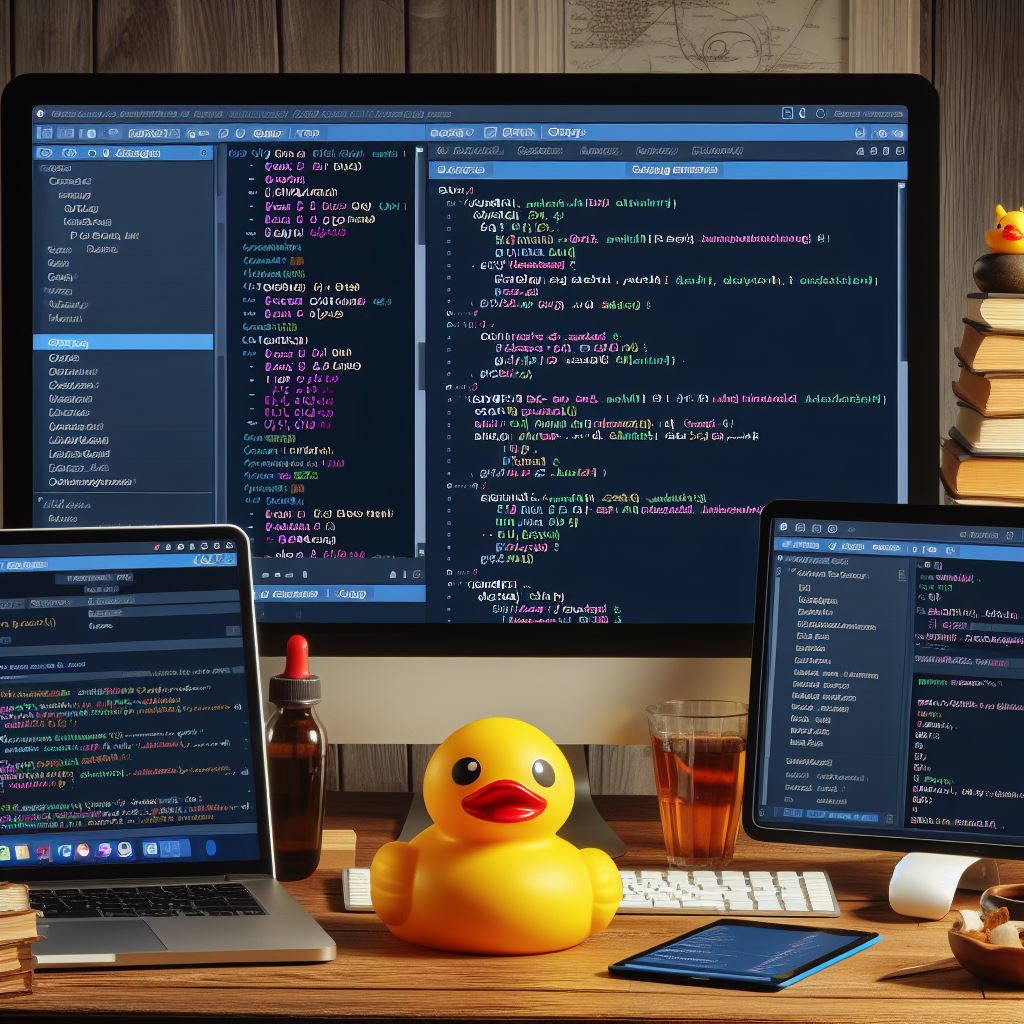Non-production environments refer to any setup that is used for purposes other than live, operational applications. This includes development, testing, staging, and quality assurance (QA) environments. They are essential for preparing software for production by allowing thorough testing and debugging.
A lot of us security minded folks are aware developers standup non prod environments and expose them externally without authorization. They are really putting the organization at risk without any knowledge of doing so. We often come across some non production environments that are not patched unlike their production counterparts. Our proprietary attack surface management tool, Pincher, helps identify when there are changes to the external network to minimize new risks introduced to the organization.
Data Breach and Leakage
Non-production environments often contain sensitive or confidential data, sometimes mirroring production databases to test real-world scenarios. Exposing these environments to the internet without proper security controls can lead to data breaches, exposing customer data, trade secrets, and other sensitive information.
Vulnerability Exploitation
These environments are frequently less secure than production environments, with weaker security controls and outdated software versions. This makes them prime targets for attackers to exploit vulnerabilities, gain unauthorized access, and potentially use these environments as a launchpad for attacks on production systems.
Intellectual Property Exposure
Staging environments may have upcoming features or products that are not yet public. Exposing these to the internet can lead to the loss of intellectual property, giving competitors a sneak peek into future plans or allowing malicious entities to copy or sabotage unreleased projects.
Compliance Issues
For industries governed by strict data protection regulations, exposing a staging environment with sensitive or personal data can result in compliance violations, leading to hefty fines and legal consequences.
Mitigate!
Network Segmentation
Isolate the staging environment from the public internet and the production network. Use firewalls and VPNs to restrict access, ensuring only authorized personnel can access it.
Data Sanitization
Avoid using real data in the staging environment. If real data is necessary, ensure it is adequately anonymized or sanitized to prevent leakage.
Regular Updates and Security Practices
Apply the same security measures in staging as in production. Regularly update and patch systems, conduct security audits, and monitor network traffic to detect and respond to threats promptly.
While non-production environments are essential for development and testing, their exposure to the internet can present significant risks. By understanding these risks and implementing a comprehensive security strategy, organizations can protect their assets, comply with regulatory requirements, and ensure the integrity of their IT infrastructure.




